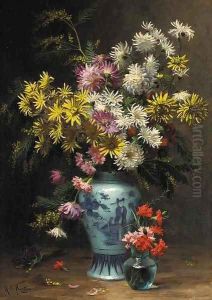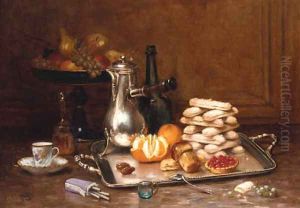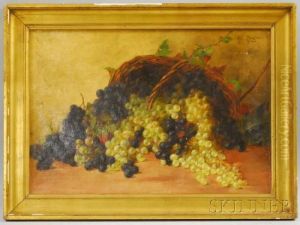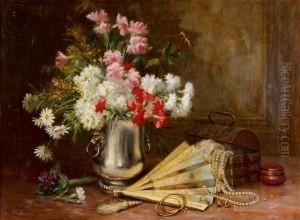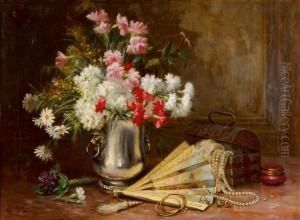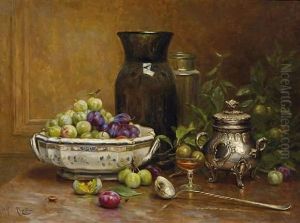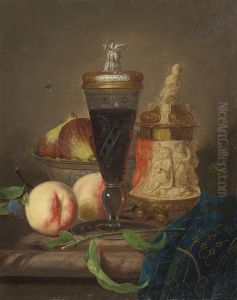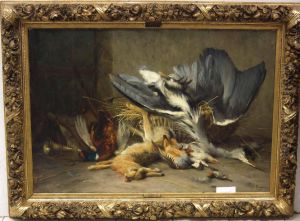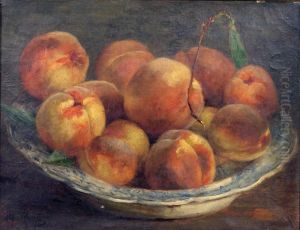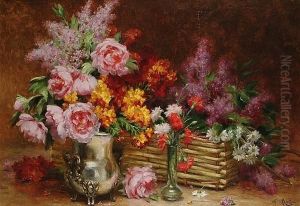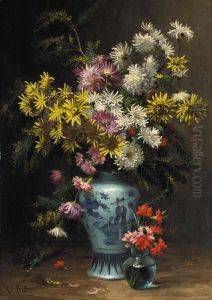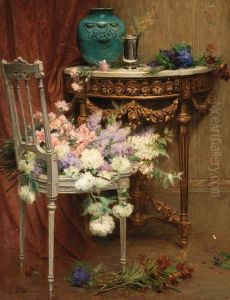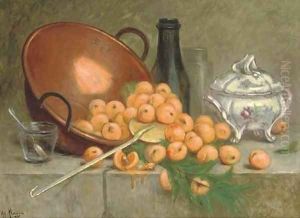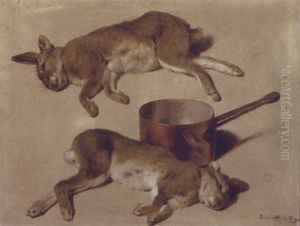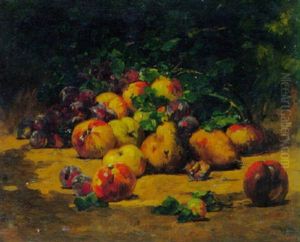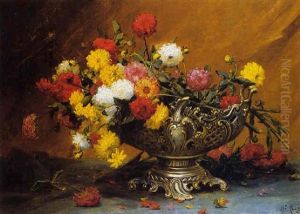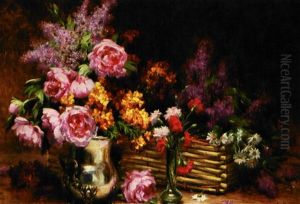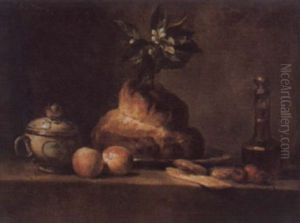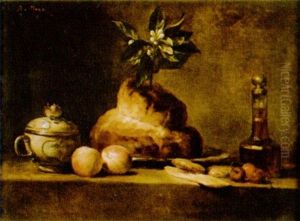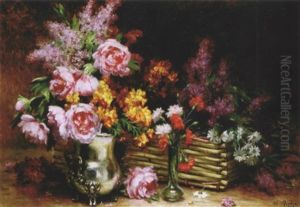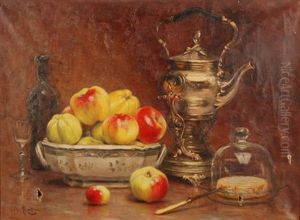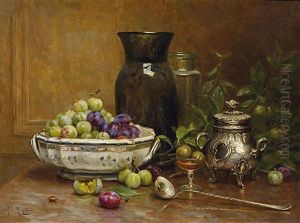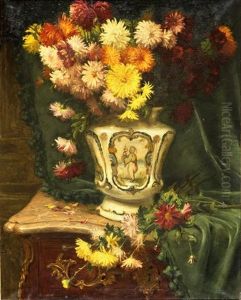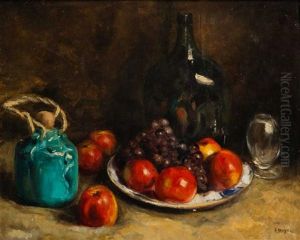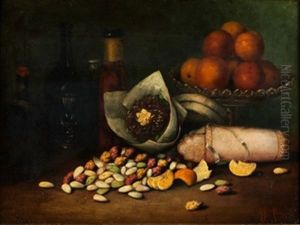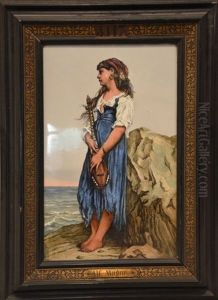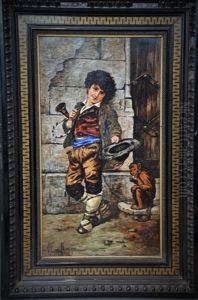Desire Alfred Magne Paintings
Désiré Alfred Magne was a French art historian, critic, and author, whose contributions to the study of French art, particularly of the 18th century, remain significant. Born in 1877, Magne's academic and professional career was deeply intertwined with the exploration and interpretation of French art's evolution, its cultural context, and its aesthetic values. He was particularly fascinated with the Rococo period, dedicating much of his scholarly work to this era's artists, including François Boucher and Jean-Honoré Fragonard, whose works epitomized the elegance and whimsicality of Rococo art.
Magne's writings and critiques were not limited to the Rococo period; he also delved into other periods and movements, providing insights and analyses that have been invaluable for art historians and enthusiasts alike. His approach to art history was comprehensive, considering not only the artistic elements but also the social, cultural, and historical contexts that shaped the artworks and their creators.
Throughout his career, Magne contributed to numerous publications, both academic and popular, and his works often served as textbooks or reference materials for students of art history. He was known for his eloquent prose and his ability to bring art and its history to life, making it accessible and engaging to a broader audience.
Despite his significant contributions, Désiré Alfred Magne's name might not be as widely recognized outside academic circles as some of his contemporaries. However, his work continues to influence the fields of art history and criticism, particularly for those with a deep interest in the intricacies of French art. Magne passed away in 1956, leaving behind a rich legacy of scholarship and a deeper understanding of the art world he so passionately explored.
